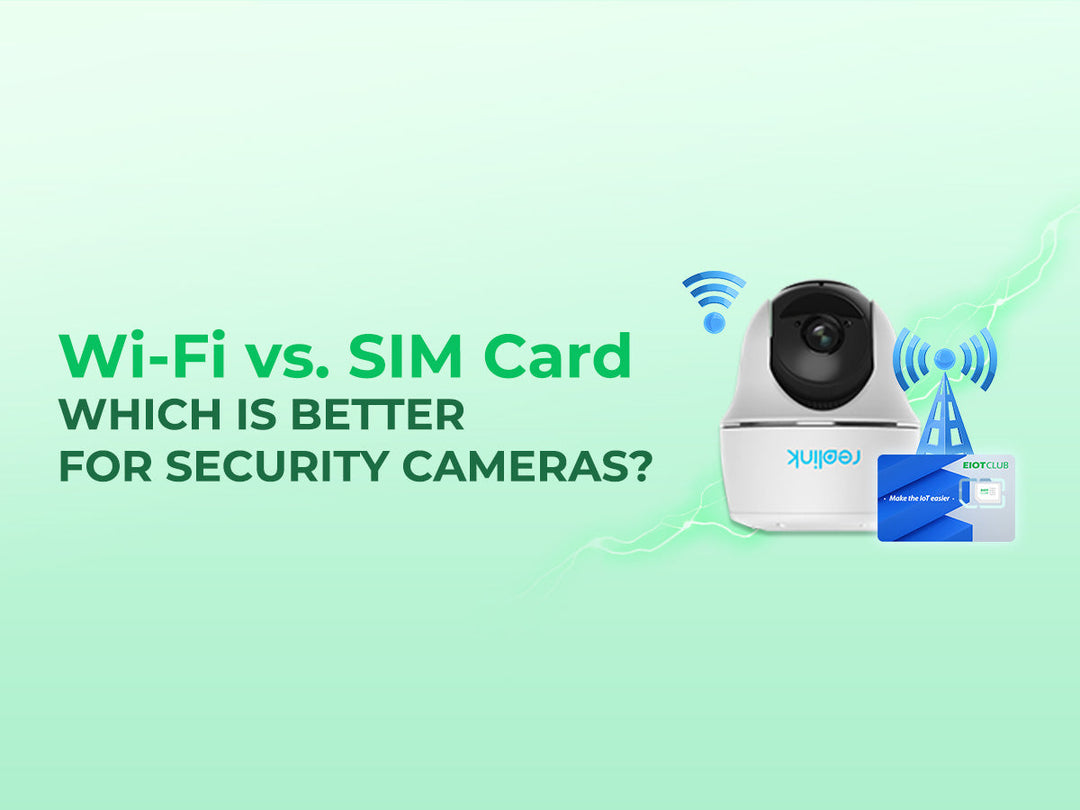ヨーロッパ旅行には何の準備が必要ですか?

ヨーロッパ旅行の計画はワクワクするものですが、準備することが多すぎて、圧倒されてしまうこともよくあります。旅行書類からハイテク機器、文化的なエチケットまで、十分に準備しておけば、冒険がスムーズに進むでしょう。歴史ある街を散策するにしても、趣のある田舎町でくつろぐにしても、少しの準備で大きな違いが生まれます。
旅行書類と重要書類
- パスポートは単なる手続きではなく、ヨーロッパへのチケットです。ほとんどのヨーロッパ諸国では、パスポートの有効期限が旅行日から少なくとも 6 か月以上必要となるため、パスポートの有効期限が旅行日から少なくとも 6 か月以上あることを確認してください。国籍によっては、シェンゲン ビザも必要になる場合があります。訪問先の国の特定のビザ規則を調べ、処理に時間がかかる可能性があるため、早めに申請してください。
- 旅行保険は、旅行中の緊急医療、キャンセル、手荷物の紛失などをカバーしてくれる、旅行のセーフティネットのようなものです。特に物価の高い国に行く場合は、訪問先すべてで有効で、適切な医療補償を提供するプランを選択してください。
- 重要な文書のバックアップを常に取ってください。デジタルスキャンを安全なクラウドサービスに保存し、念のため紙のコピーを数枚別のバッグに入れて持ち歩きましょう。
電子機器およびアクセサリ
- 携帯電話でナビゲーション、翻訳、旅程管理ができます。オフライン マップ (Google マップまたは MAPS.ME)、公共交通機関アプリ、翻訳ツールをダウンロードして、旅行を楽にしましょう。タブレットは、長距離ドライブのエンターテイメント デバイスとして、または予約管理のバックアップとしても使えます。
- ポータブル Wi-Fi ルーターは、特に複数のデバイスを持って旅行する場合や、場所を移動する場合に、安定したインターネット アクセスを保証します。不安定な公共 Wi-Fi に頼ることなく、手間をかけずにオンライン状態を維持できる方法です。
- ヨーロッパのプラグ(タイプ C、E、または F)と 220 ~ 240V の電力規格では、ユニバーサル アダプターが必須です。急速充電器は時間を節約し、ポータブル パワー バンクは、長い観光や通勤中にデバイスを稼働させ続けます。
- 写真愛好家にとって、専用のカメラは価値を高めます。予備のバッテリー、予備のメモリ カード、機材用の保護バッグを用意してください。これらのアイテムがあれば、景勝地を探索する際に写真を逃すことはありません。
接続を維持: データ オプション
信頼性の高いインターネットへのアクセスは、ナビゲーション、通信、最新情報の入手に不可欠です。ヨーロッパで接続を維持するための主なオプションを以下に紹介します。
国際ローミング
長所:
- SIM カードの変更を必要とせず、ローカル ネットワークに自動的に接続します。
- 自宅の電話番号を保持します。
- 携帯電話の設定でローミングを有効にすれば、準備完了です。
短所:
- 特に長期滞在の場合、ローミング料金は高額になることが多いです。
- 通常、プランには低いデータ上限が含まれており、それを超過するとコストがかかる可能性があります。
- 信号強度は、通信事業者と現地プロバイダー間の提携状況によって異なります。
プリペイドヨーロッパSIMカード
プリペイドSIMカード、例えば Eiotclub ヨーロッパ SIM カードは、ローミングの優れた代替手段です。
長所:
- 手頃な価格: 3GB で 19.99 ドル (30 日間)、36GB で 129 ドル (360 日間) など、リーズナブルな価格で充実したデータ パッケージを提供します。
- 柔軟性旅行期間とデータのニーズに合ったプランを選択してください。
- 地域的な利益: ローカル番号が付属しており、コストを削減し、地元の人々とのコミュニケーションを改善します。
短所:
- NC 通話またはテキストメッセージ。
eSIM(仮想SIM)
長所:
- SIM カードを物理的に交換する必要はありません。
- 複数のオペレーターとプランを簡単に切り替えることができ、複数の国を巡る旅行に最適です。
- オンラインで購入してダウンロードするとすぐに使用できます。
短所:
- 新しいスマートフォンとタブレットでのみサポートされています。デバイスにeSIM機能がない場合、 Eiotclub SIM カードまたは Eiotclub 物理eSIM。
- eSIM プロファイルのダウンロードと管理に関する知識が必要です。
- 一部の地域および通信事業者では、eSIM テクノロジーが完全にサポートされていない場合があります。
IoT(GPSトラッカー、セキュリティカメラ、ルーターなど)が必要な方には、Eiotclubが以下も提供しています。 カスタマイズされたデータプラン 特定のデバイス向けです。たとえば、ルーターの 15GB プランはわずか 20 ユーロからで、ヨーロッパの 30 か国以上をカバーします。これらの柔軟なオプションはさまざまな要件に対応し、接続を煩わしくなくします。
文化的な準備と安全のヒント
- 「こんにちは」「ありがとう」「いくらですか」などの簡単な現地のフレーズをいくつか知っていれば、やり取りがよりスムーズで楽しいものになります。アクセントが完璧でなくても、人々はあなたの努力を評価します。それ以外の場合は、Google 翻訳などのアプリで、地元の人とおしゃべりするとき、メニューを読むとき、標識を確認するときなど、その場で翻訳できます。
- 出発前に、 緊急連絡先 訪問先の国ごとに、パスポートやパスポート番号、パスポートのコピーを用意してください。最寄りの大使館や領事館を知っておくのも賢明です。予期せぬことが起こったときに助かるでしょう。観光地などの混雑した場所では、スリに注意してください。盗難防止バッグや財布を検討する価値はあります。また、一度にすべてを失くさないように、お金とカードを財布と安全なポーチに分けて入れるのが最善です。
- 処方薬と、ちょっとした事故に備えて基本的な救急箱を持っていきましょう。鎮痛剤、絆創膏、乗り物酔いの薬は、薬局から遠い場所にいるときに役立ちます。ちょっとした努力で、いざ必要になったときに大きな違いを生むことができます。
- ヨーロッパの天気は季節や場所によって大きく変わることがあるため、荷造りをする前に天気予報を確認してください。快適に過ごすには重ね着がベストです。また、歩きやすい靴もお忘れなく。石畳の道や歴史的建造物を 1 日中探索した後は、足が喜ぶはずです。
- クレジットカードは一般的に受け入れられますが、小さな店、市場、または田舎では現金しか受け付けない場合があります。このような状況に備えて、現地通貨を少し手元に用意しておいてください。また、銀行に旅行の計画を事前に知らせて、カードが不審な活動としてフラグ付けされないようにしてください。
よくある質問
ヨーロッパに行くにはどのような旅行書類が必要ですか?
パスポートは最も重要な書類です。パスポートは渡航日から少なくとも 6 か月は有効である必要があります。国籍によっては、複数のヨーロッパ諸国に最大 90 日間滞在できるシェンゲン ビザも必要になる場合があります。2025 年以降、ヨーロッパへの旅行者は、米国の ETIAS に似た電子渡航認証である ETIAS を申請する必要があります。S. ESTA。訪問先の国に特有のビザ要件を調べ、早めに申請することをお勧めします。
どのような新しい旅行規制に注意する必要がありますか?
2025年から、ヨーロッパに入国する旅行者に対して生体認証チェックが導入され、 ETIASビザ免除制度この電子認証は、従来のビザを必要としない国からの旅行者に必要となります。これらの変更は、国境のセキュリティを向上させ、訪問者の入国手続きを簡素化することを目的としています。
ヨーロッパではお金や支払いをどのように扱えばいいのでしょうか?
クレジットカードとデビットカードはヨーロッパ全域で広く受け入れられていますが、取引が疑わしいと判断される問題を避けるために、旅行の計画を銀行に伝えておく必要があります。また、特に田舎や地元の市場での小額の買い物に備えて、現地通貨を少し持っていくのも賢明です。ATMは広く利用できますが、外国取引手数料については銀行に確認してください。
ヨーロッパを旅行する際は、どのような安全上のヒントに従う必要がありますか?
安全は常に最優先です。特に混雑した場所では、観光客を狙ったよくある詐欺に注意してください。盗難防止バッグや財布で貴重品を保護し、現金やカードを一か所にまとめて持ち歩かないようにしてください。現地の緊急電話番号を把握し、大使館や領事館の場所を把握しておきましょう。さらに安全を確保するため、訪問予定の国の安全ガイドラインや習慣を調べてください。
旅行には何を持っていけばいいですか?
特に複数の国にまたがる旅行の場合は、さまざまな気象条件に対応できるよう重ね着できる服を用意してください。歴史ある都市や名所を歩くには、履き心地の良い靴が必須です。ヨーロッパのコンセント用の電源アダプターを忘れないでください。この地域では、異なるプラグタイプ (タイプ C、E、または F) と電圧規格 (220 ~ 240V) が使用されています。処方薬、鎮痛剤、乗り物酔いなどの軽い病気の治療薬が入った小さな救急箱も持参してください。
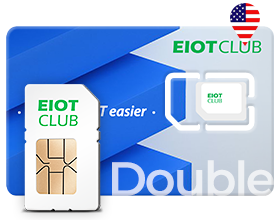
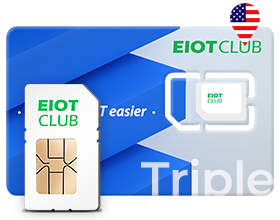
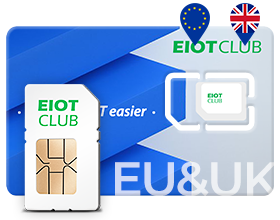
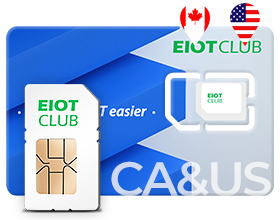
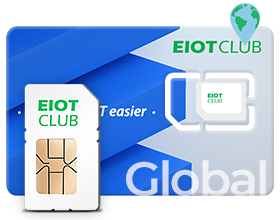
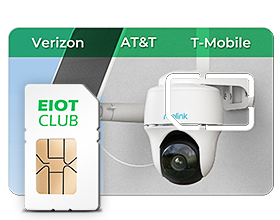

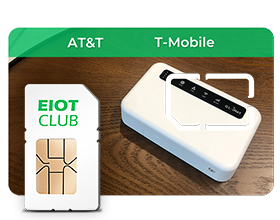
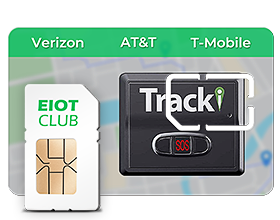

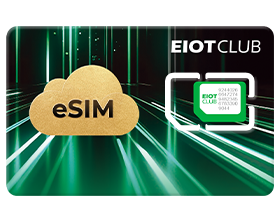
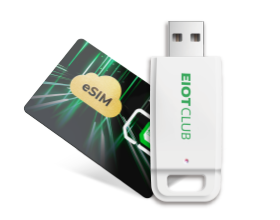









 例えば
例えば
 リフィル
リフィル

